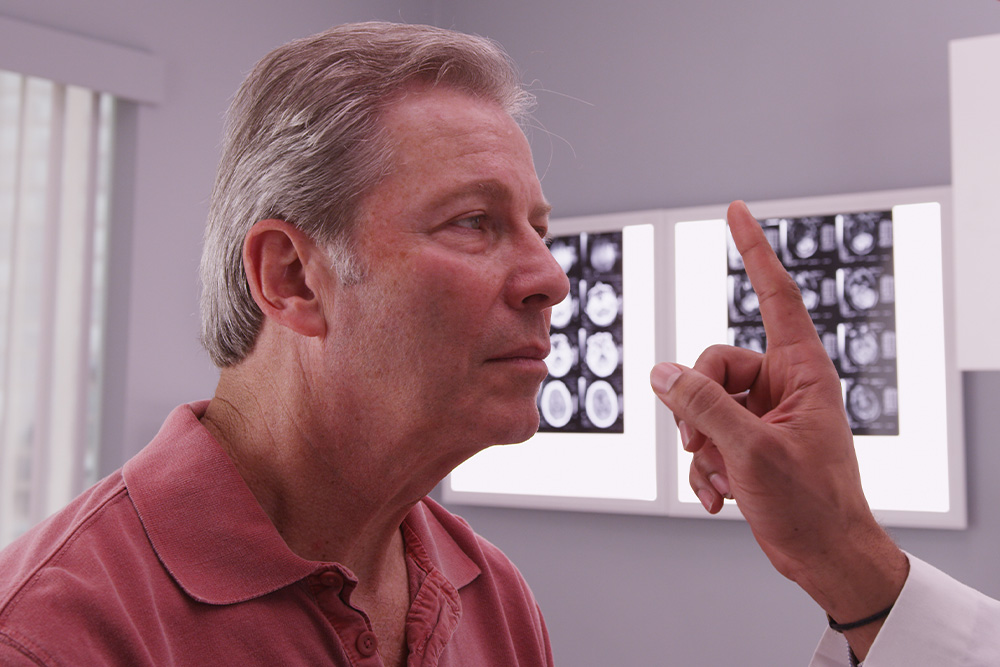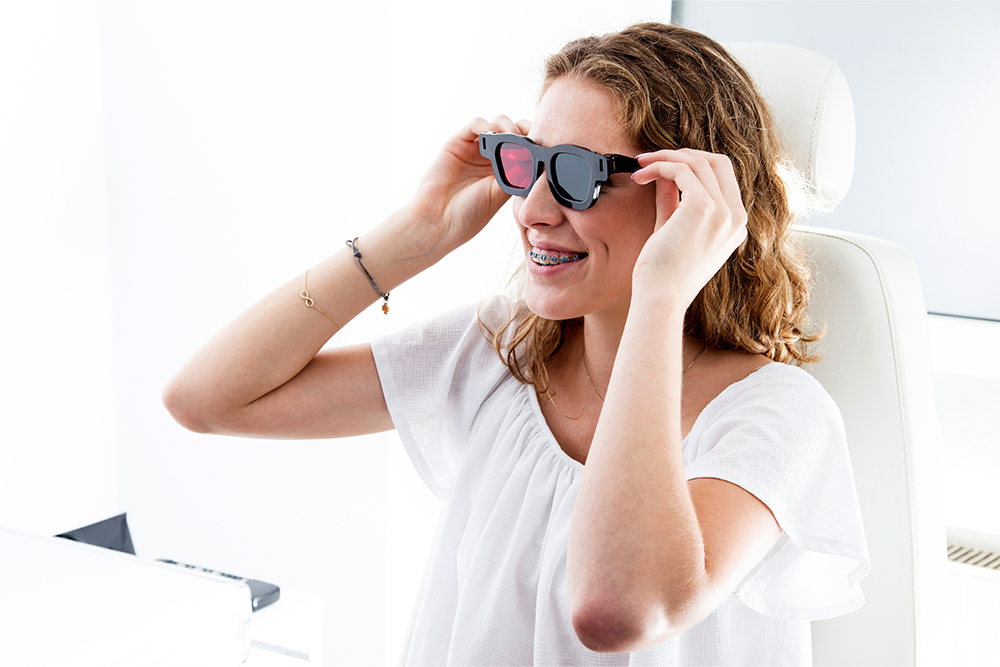
Neuro-Optometric Rehabilitation
When most people think about vision problems, they picture issues with the eyes themselves. However, many visual difficulties actually begin in the brain. After a concussion, stroke, or other brain injury, the connection between the eyes and brain can be disrupted - causing symptoms that affect balance, reading, focus, and even daily comfort.
Brain Injuries and Vision
Your visual system is complex - about 70% of the brain is involved in vision processing. After a traumatic brain injury (TBI), concussion, or neurological event such as a stroke, the pathways that coordinate eye movement, focus, and perception can become impaired.
This can result in symptoms such as:
- Blurred or double vision
- Eye strain and headaches
- Difficulty reading or focusing
- Dizziness or balance problems
- Light sensitivity
- Problems with depth perception
These visual issues often persist long after other symptoms of a brain injury have improved, making specialized vision care essential for recovery.
What Is Neuro-Optometric Rehabilitation?
Neuro-optometric rehabilitation is a specialized form of vision therapy designed to retrain how the brain and eyes work together. Unlike traditional eye care that focuses on eyesight alone, this therapy targets the neurological processes behind vision. Our doctor evaluates how the eyes and brain communicate and creates a personalized treatment plan to rebuild these visual pathways. The goal is to restore comfort, coordination, and clarity - improving overall visual function and quality of life.

Who Can Benefit from Neuro-Optometric Rehabilitation?
This form of therapy is beneficial for patients who have experienced:
- Concussions or TBIs
- Strokes or aneurysms
- Developmental or neurological disorders
- Whiplash or other head trauma
- Vestibular or balance disorders
Even mild injuries can disrupt the brain’s visual processing. Patients who experience ongoing dizziness, visual fatigue, or trouble reading after an injury are excellent candidates for evaluation.
How Neuro-Optometric Rehabilitation Works
Treatment programs are customized based on individual needs and may include:
- Eye tracking and focusing exercises
- Balance and coordination activities
- Use of specialized lenses or prisms
- Light or color therapy
- Digital visual training systems
These exercises gradually retrain the visual system to process information more efficiently. Over time, patients often notice improved concentration, better balance, and reduced headaches or eye strain.
Restore Your Visual Function with Personalized Care
Vision plays a vital role in how we move, think, and interact with the world. When a brain injury disrupts that connection, even simple tasks can become challenging. Neuro-optometric rehabilitation offers a path toward recovery - helping retrain the brain and eyes to work together again so patients can regain visual comfort, balance, and confidence.
Schedule a neuro-optometric rehabilitation evaluation today to discover how personalized treatment can help you restore focus, stability, and quality of life.









